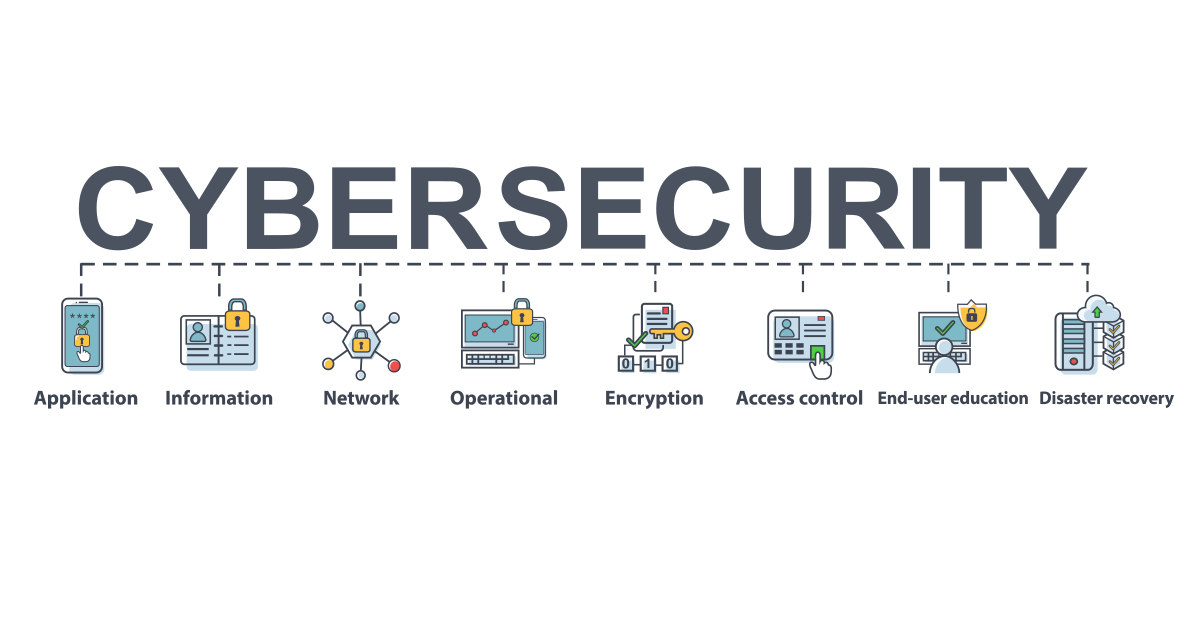cybersecurity threats - An Overview
cybersecurity threats - An Overview
Blog Article

1. Data breaches: Fintech companies deal with sensitive financial details, making them a prime target for cybercriminals. A solitary information violation can jeopardize numerous individuals' individual and monetary data, causing serious effects.
2. Repayment scams: Fraudsters use sophisticated methods to manipulate payment systems, causing economic losses for both customers and companies. Protecting against payment fraudulence needs sophisticated security measures and consistent surveillance.
3. Compliance: Fintech firms need to follow numerous monetary policies, such as GDPR, PCI-DSS, and AML/KYC. Making sure conformity can be a complex and time-consuming procedure, however failure to do so can cause significant fines and reputational damages.
4. Insufficient safety and security steps: Fintech business commonly focus on speed and technology over security, resulting in insufficient protection against cyber hazards. This can expose users' data and monetary details to considerable risks.
Fintech software development must address these cybersecurity tests to protect users' rate of interests and keep public count on. }
The financial technology sector is undertaking a considerable makeover, introducing unique strategies to managing funds. However, the rapid advancement comes up with fresh challenges, specifically in the world of cybersecurity. These difficulties posture concerns regarding the integrity and safety of monetary systems and might threaten your online reputation as a credible fintech provider. Discover more at
In this short article, we'll delve into the four primary cybersecurity hazards that fintech firms run into and offer practical remedies to assist minimize them.
"Cybersecurity Threats Evolve"
Malware assault is a catch-all term for any sort of harmful software application created to damage a computer system or server of a individual. Cyberattackers create and spread out malware software program for various factors. One of the most constant function is to steal personal, financial, or company information.
Ransomware, a kind of harmful software application, continues to be the most report from Statista disclosed that in 2023, 72% of businesses experienced a ransomware attack. Wondering how to stay safe? Below are a couple of suggested protection approaches.
maintain your computer system and software upgraded;
only use a trusted antivirus;
never open links that come from unidentified senders.
Arising Technologies
On the one hand, the quick fostering of emerging innovations such as blockchain, artificial intelligence (AI), and IoT (Internet of Things) opens brand-new horizons to fintech. On the other hand, it brings new security worries to the table. As an example, AI-powered systems can be utilized to identify vulnerabilities in networks and systems. IoT strikes target Net of Points systems-- things embedded with software program that allows them to accumulate and save information. While the threat of IoT attacks can be lessened by choosing protected tools, AI-powered attacks demand a extra complex technique:
Carry out a multi-faceted protection approach;
Provide routine training for workers on protection ideal techniques;
Make use of advanced AI-powered protection remedies to boost defense versus insider threats.
An expert threat is the one coming from within a fintech ( settlement systems, neobanks, and so on) company. As usual, the "sources" of danger are employees or contractors that have authorized access to sensitive data or systems. Insider threats come in two kinds-- deliberate-- when the delicate information is swiped and sold intentionally and inadvertently-- unintentional exposure of personal details that causes damage to an organization. A few of the most effective methods to reduce expert dangers include the following:
audit of your team's gain access to advantages;
execution of password protection plans;
education and learning of your group on how not to end up being the sufferers of phishing.
Third-Party Vendors
Fintech firms often depend upon exterior suppliers for jobs such as dealing with settlements or keeping information. This dependence on third-party companies in the growth of fintech software application can produce different opportunities for cyber dangers. It is important for fintech firms to thoroughly check out the third-party suppliers they companion with, which includes carrying out background checks and security analyses to ensure that robust safety protocols hold.
To summarize, the fintech market is significantly being accepted globally, yet the continuous risk of hackers means that cybersecurity continues to be a significant challenge in the growth of fintech software.
S-PRO, a forward-thinking software program growth company, focuses on the combination of advanced safety and security options in its fintech jobs to secure the passions of both its cybersecurity engineer salary customers and end-users, providing them with first-class defense against cyber strikes. Report this page